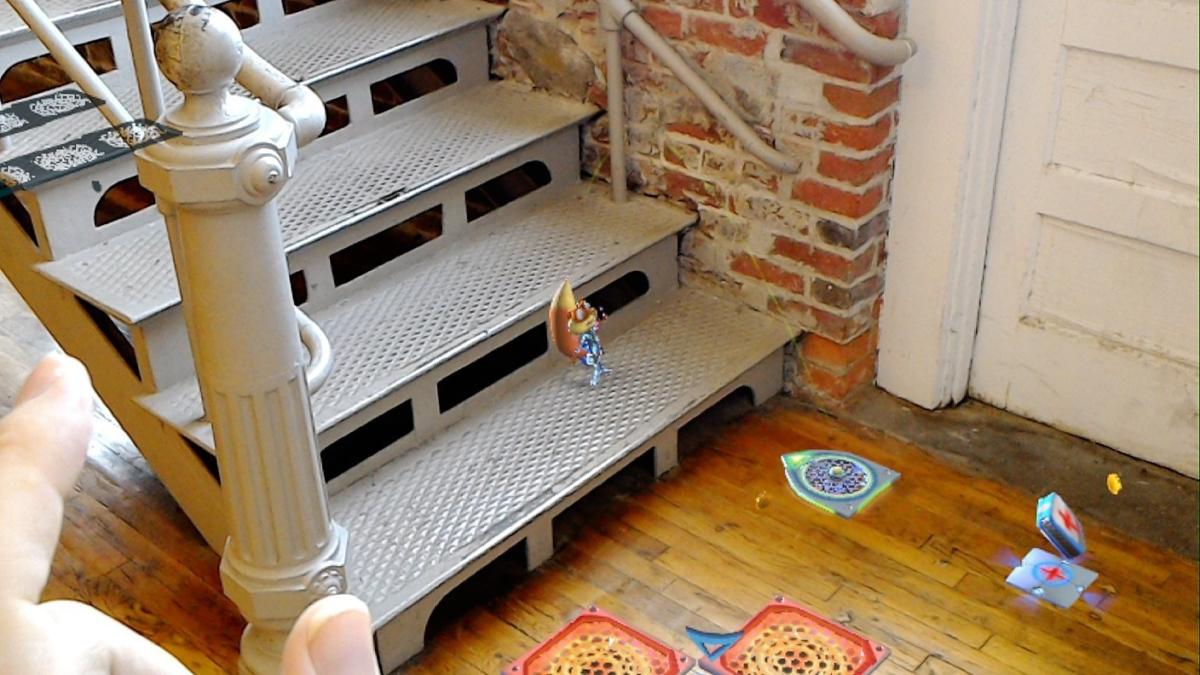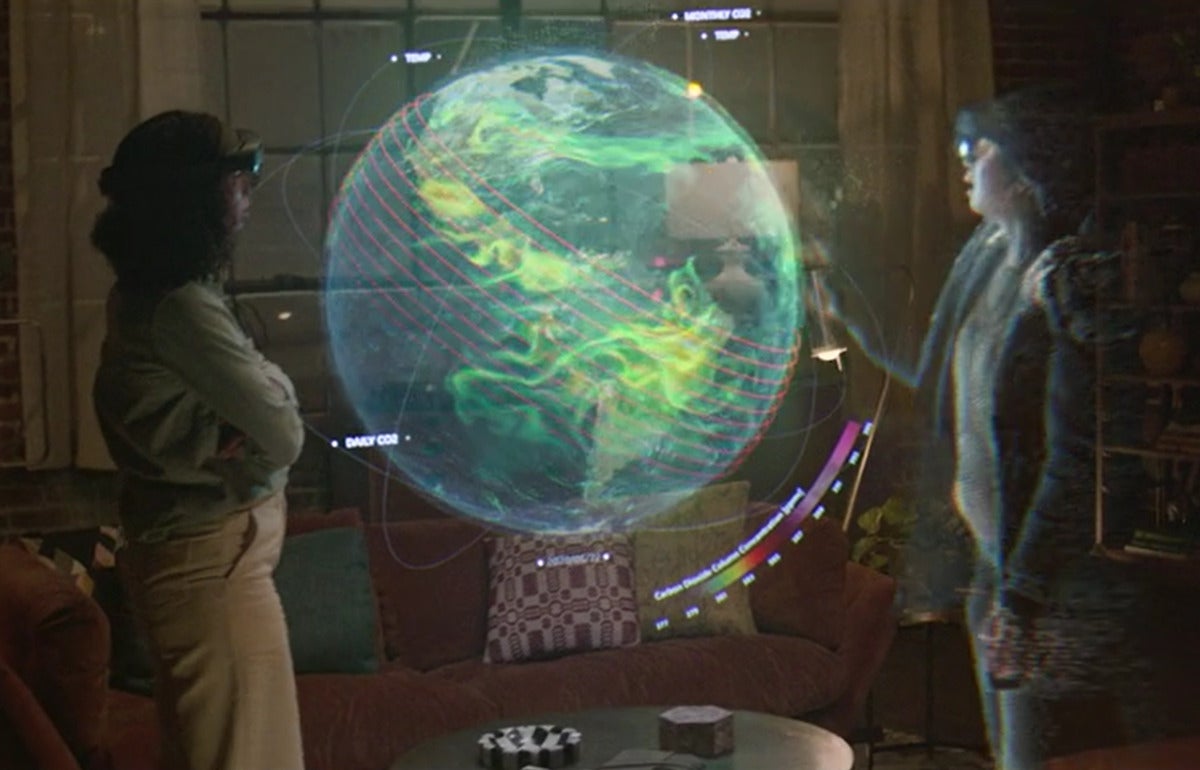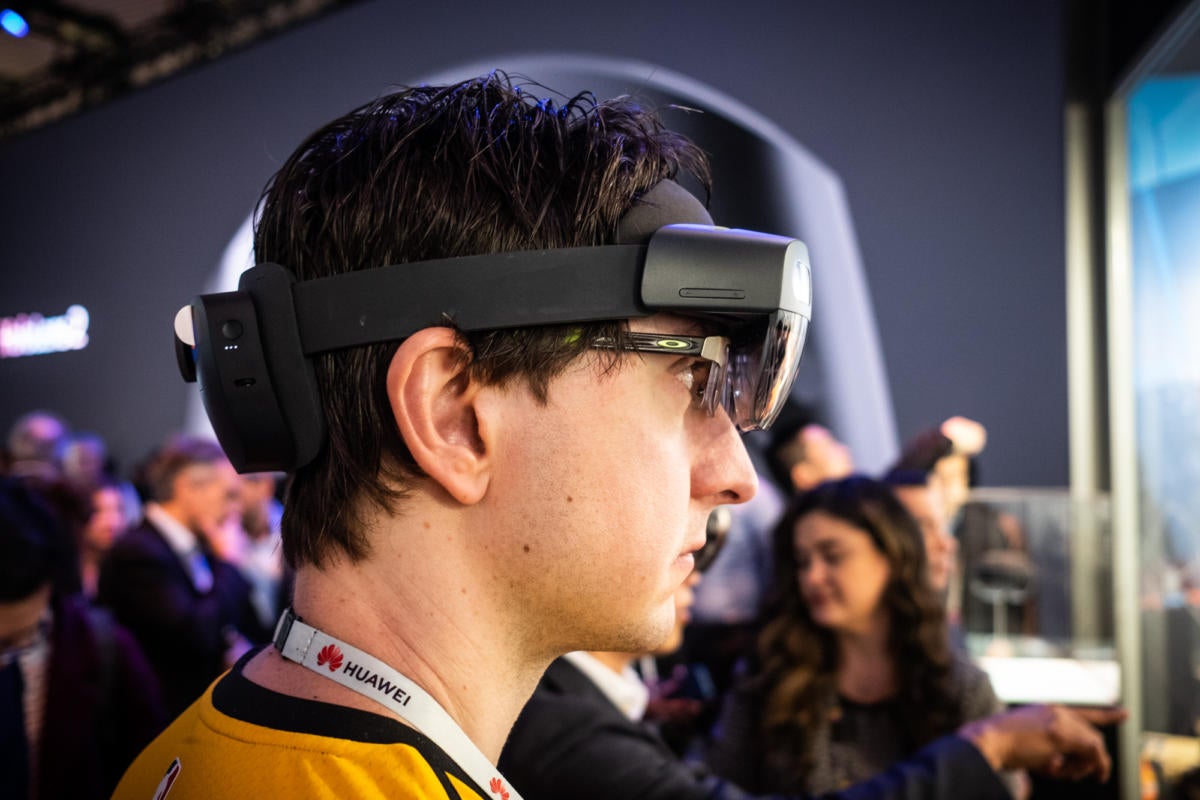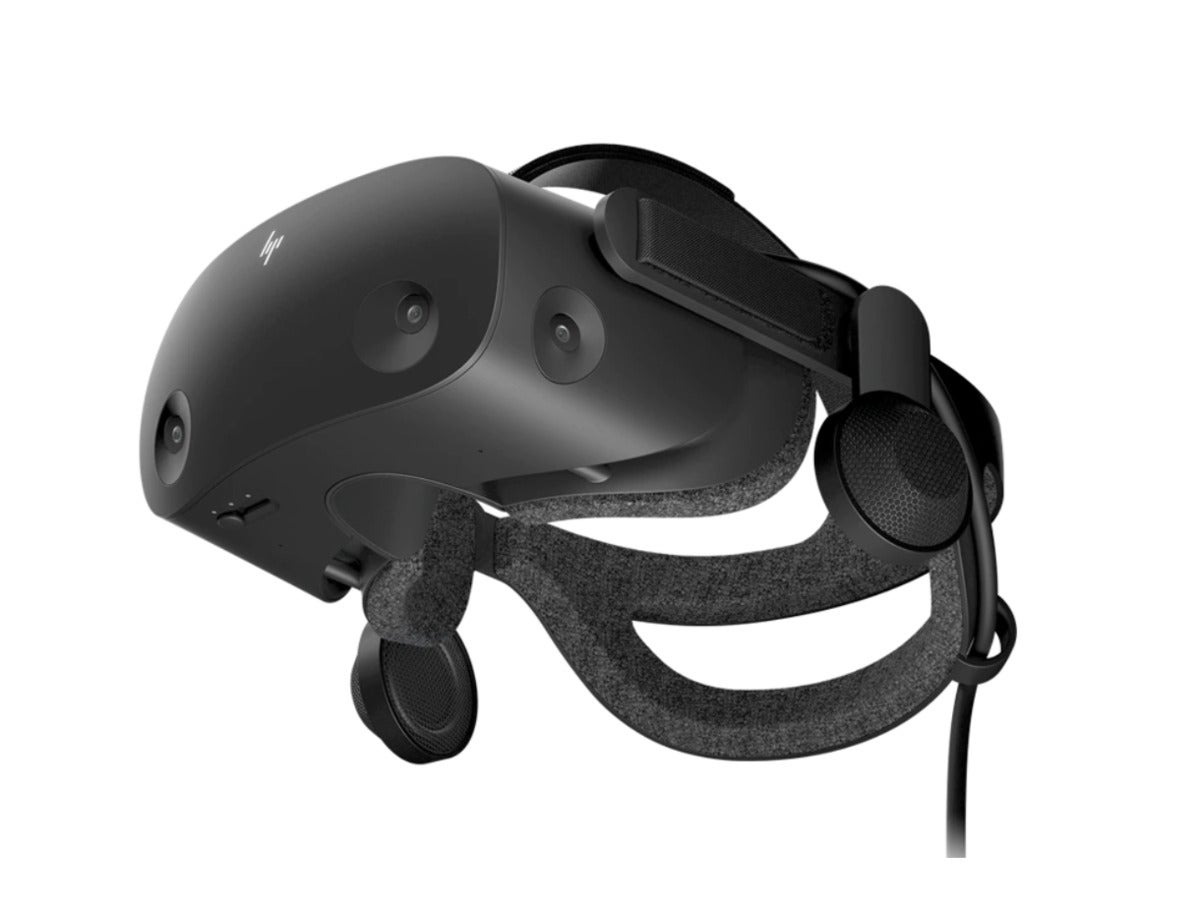Microsoft Mesh: Why you should be skeptical about this new VR platform - jacobstruessen
I am identical skeptical about Microsoft Mesh, the company's new virtual-reality platform, and you should be, too. Microsoft's last assay at virtual reality, the HoloLens headset, was introduced with a flourish ahead largely liquescent away. The signs and so Interahamw for Mesh suggest a likewise concerning form. Beyond that, we give birth to ask, do meeting participants eventwantto mingle in virtual spaces?
Microsoft Mesh was proclaimed Tuesday morning at the company's Ignite league—an outcome taking localize via Microsoft Teams and YouTube because of the pandemic. Microsoft technical chap Alex Kipman, the person most closely tied to Microsoft's HoloLens efforts, announced that the entire Ignite conference is existence hosted along Mesh. If you'd like, you can view it in realistic reality. There's even a Meshing videoconferencing app in preview.
Microsoft hopes Mesh will be seen to a lesser extent as a realistic reality weapons platform and more equally a virtual merging program, an extension of Microsoft Teams that would replace a physical conference board. Accordant to Microsoft, Mesh allowed Kipman to appear as a fully accomplished "holoportation" of himself, presenting from within a virtual aquarium with coral and straight a shark. Eventually Mesh will evolve from protruding ourselves as avatars in virtual space to holoporting in as photorealistic self-representations. (Microsoft Research began talk almost holoporting in 2016, American Samoa part of a demonstration video.)
Does any of this sound familiar? If you recall anything about HoloLens, it should.
 Microsoft
Microsoft Microsoft's Mesh App, in prevue.
HoloLens hype vs. reality
It's been more six years since Microsoft first showed off the HoloLens at its home bas in 2015, bridging bring—a virtualMinecraft world—with the practical: manipulating virtual models, as well as receiving instructions to manipulate real objects. The HoloLens demo was filled with hope and thaumaturgy, ushering in a new way of engaging with the world.
That magic wore off quickly. Despite few more consumer-focused active experiences and opportunities to try HoloLens at Microsoft Stores, away 2016 the technology softly began moving away from Minecraft and Mars exploration to enterprise applications.
 Fool Hachman / IDG
Fool Hachman / IDG At its best, HoloLens mixed the virtual and the real worldly concern unitedly. Can Mesh do the same?
That transition was essentially made constituted in 2019, when HoloLens 2 debuted with a bullnecked business organization bent. When we reviewed the strengths and weaknesses of HoloLens the same year, information technology was clear that while the technology generated its 'wow factor' through flashy consumer experiences, Microsoft never sold HoloLens A anything but a $3,000 development puppet.
You saw that corresponding sort of weird gulf on display Tuesday. Microsoft again spoke of practical applications, so much as collaborating on shared 3D models in VR space. But the demos showed off consumer-destined experiences, such as people moving around a virtual marine museum, and playing a Engagement-powered Pokemon Go game.
 Microsoft
Microsoft Moving around large, essential models has apparently been one of the merchandising points for Microsoft's vision of mixed reality.
It's as wel curious that Microsoft revealed Mesh as a surprisal at Ignite, other than few superficial exclusives. It's reminiscent of the hype cycle circumferent the Surface Duo, Microsoft's folding phone: big display, exclusive access, tepid reviews, and so radio silence.
Where is the hardware?
HoloLens started a virgin category but failed to inspire other vendors to hop on the bandwagon. You might recall the 2017 run-up to Windows Mixed Reality: the small herd of headsets from Dingle, HP, and other Microcomputer vendors that originally lacked Steam support and were preventive to use. You can find few leftovers on Amazon, but how often have we heard the full term "mixed realism" in the PC diligence fresh?
 Adam Saint Patrick Murray / IDG
Adam Saint Patrick Murray / IDG Really a couple of were precondition a chance to try the HoloLens 2.
Microsoft has aforementioned it sees interracial realness as more than just the HoloLens. We've seen standalone VR platforms emerge from Qualcomm, and finished devices from Oculus and others. Microsoft also includes the PC and the smartphone among the hardware that could exercise Microsoft Interlock. But if you're going to look at Microsoft's track read in mobile augmented reality, you're obliged to note that Microsoft tried, and failed, to clear its mobile AR game,Minecraft Worldly concern, a possible business.
 Microsoft
Microsoft Windows Mixed Reality devices struggled to find a niche. Testament Mesh revitalize the industry?
Testament Mesh tire cost a affair?
However Interlocking relates to Microsoft's earlier attempts at practical reality, the companionship has tried to up its game. In 2017, Microsoft bought AltspaceVR, a intermingled-reality platform that uses avatars as way to socialize virtually. Information technology's not stunning, then, that Microsoft sees the evolution of avatars to photorealistic interaction as the means away which ulterior meetings English hawthorn be held.
By the way, how exactly are we going away to be scanning ourselves into virtual reality to enable "holoportation?" Presumptuous that non everyone is passing to undergo access to VR surgery mixed-reality hardware, the emerging of business meetings for phone and PC users bequeath be–what, some first-person,Skyrim-like though where people swivel and pivot their virtual chairs, while others, equipped with a HoloLens, wander about the room? (Maybe it's time for the Kinect—yet another failed consumer device that was possibly onwards of its time—to make a comeback.)
It's possible that the unconscious fundamental interaction with avatars and "holoporting" colleagues and friends will alleviate Rapid climb fatigue, the catch-all term for the enervation some feeling after a day's meriting of videoconferencing. Information technology's equally possible that you'll fetch up with a Orcinus orca headache after wearying a VR headset for hours on death.
One counterargument to all this is the mythical "Microsoft 3.0" linguistic rule, where Microsoft, later on iterating a number of times, ultimately gets it right. To be fair, when Microsoft Teams entered the market, we were somewhat skeptical. Microsoft has sent entire phalanxes of developers to support the product, however, adding feature later on feature article. If Mesh receives the same treatment, its chances should improve significantly. In other words, Microsoft wish need to a greater extent than just a flashy demo to back it up.
Source: https://www.pcworld.com/article/394160/microsoft-mesh-why-you-should-be-skeptical-about-this-new-vr-platform.html
Posted by: jacobstruessen.blogspot.com

0 Response to "Microsoft Mesh: Why you should be skeptical about this new VR platform - jacobstruessen"
Post a Comment